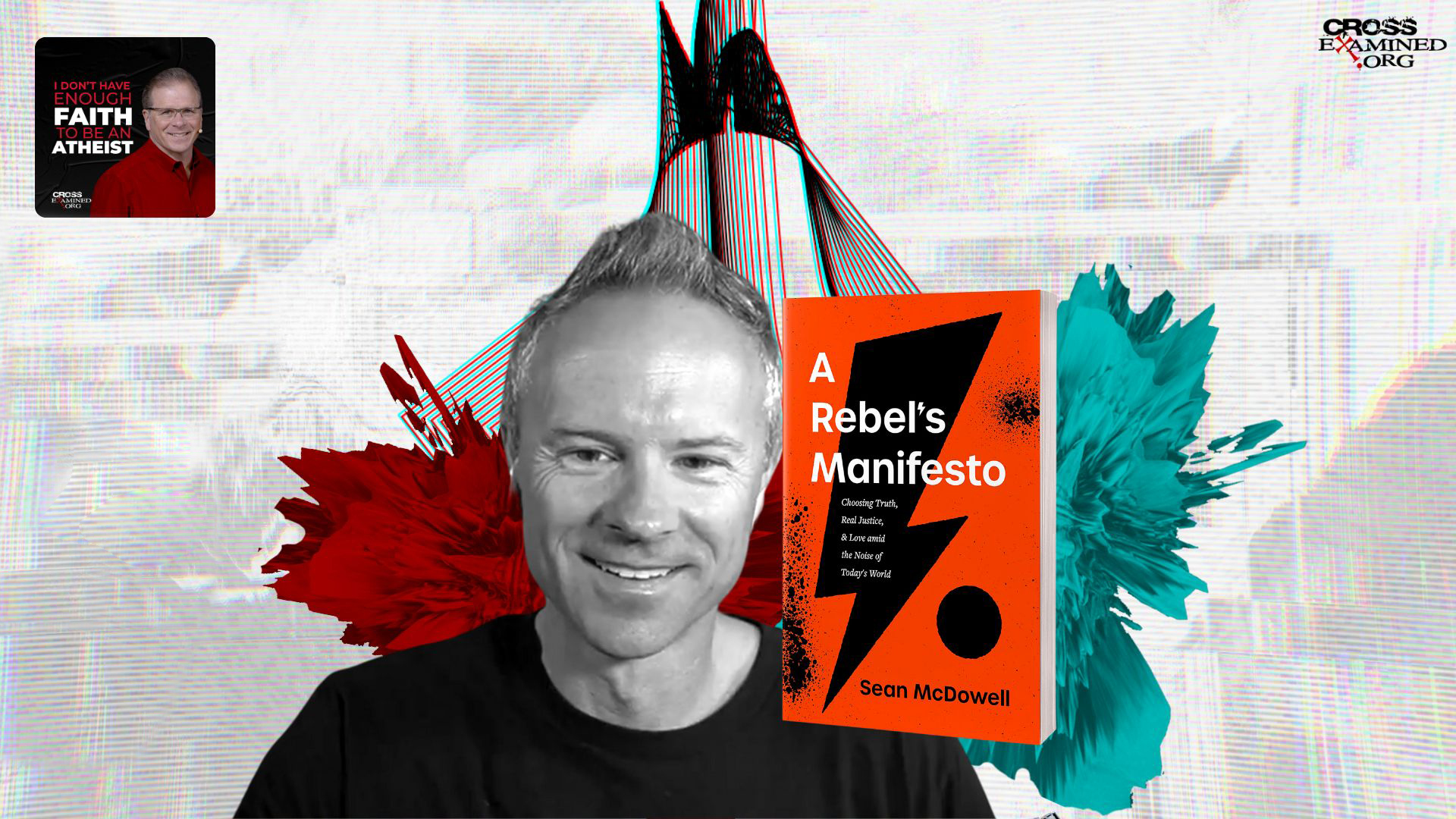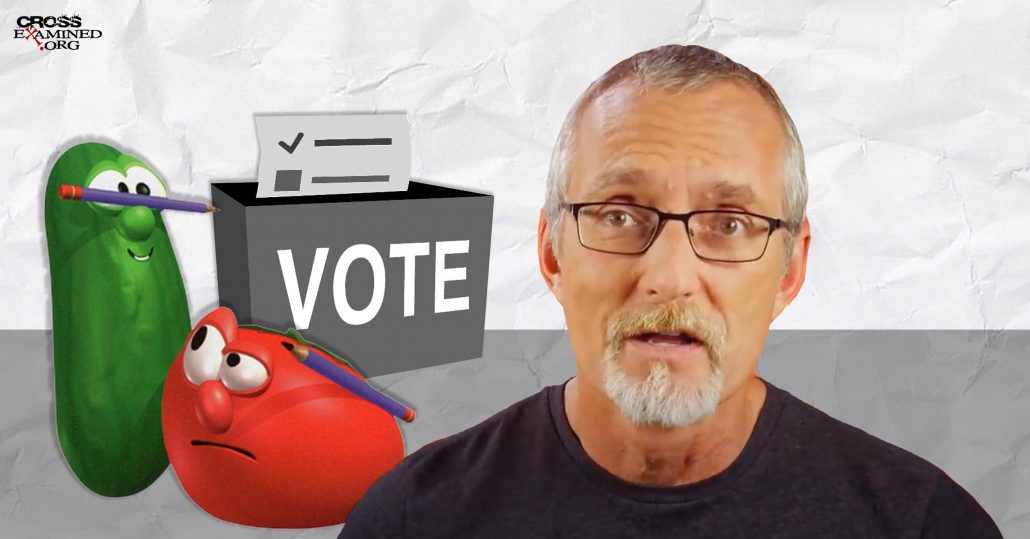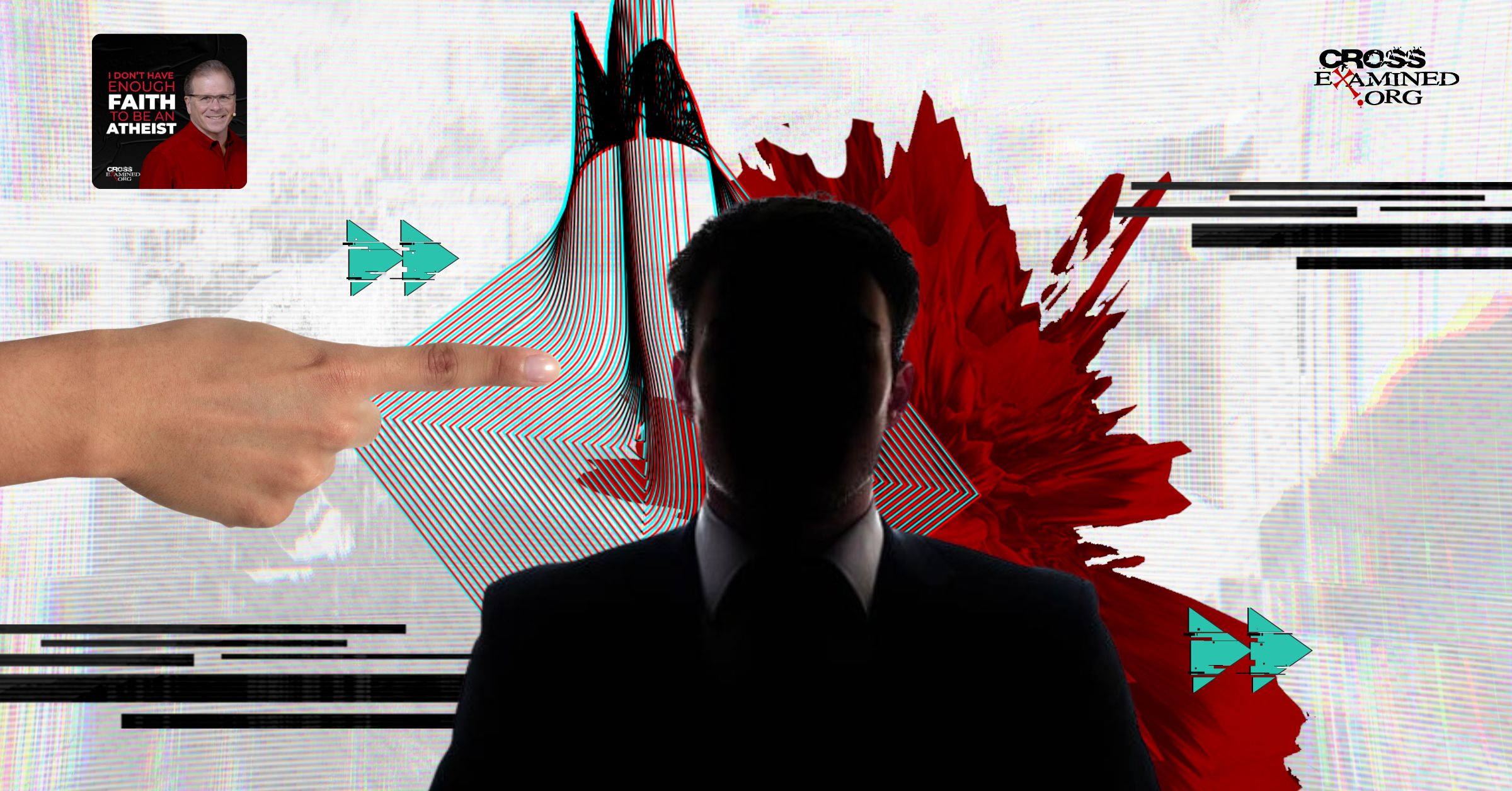Can Moral Guilt Feelings Ever Be Objective?
By Bobby Conway
The feeling of moral guilt is a universal experience – that inward gnaw or inner ouch that we have done something wrong. It is that feeling a line has been crossed, a law has been broken, which leaves one wondering if we are genuinely guilty. But are these feelings just that—feelings? A mere subjective experience? A cognitive disrupt? A snafu?
Are Guilt Feelings only Guilt Feelings?
Well, that depends. A person can feel guilty and not be guilty, i.e., pseudo guilt, while a person can also be guilty and not feel guilty. This may be the result of an anesthetized conscience, one’s moral ignorance, some level of psychopathy, or whatever the case may be. In the event we feel guilty, how can we know if our feelings are objective? The answer is surprisingly simple. We should look for a corresponding link between our feelings of guilt and our moral actions. For example, if Steve feels guilty for robbing a local bank that he never did, then he’s not experiencing objective guilt, but from a bad case of pseudo guilt. However, if Steve feels guilty for robbing a bank because he did, then his feelings of guilt are objective in that his feelings correspond to reality. In other words, there’s a corresponding link. An objective match. The reason Steve feels guilty is because he is guilty.
Unfortunately, some people wrongly relegate our feelings to the subjective department, while claiming only reason is objectively dependable. That’s not only wrong. It’s naïve, really naïve.
Just as our reason can provide logically informative thoughts that are either true or false, objective, or subjective, so to our feelings can provide emotionally informative thoughts that are also either true or false, objective, or subjective. Therefore, it’s patently false to assume all our feelings are subjective and can’t provide objective intel. Just as it’s patently false to assume that our reason provides only true thoughts and is always objective.
It’s patently false to assume all our feelings are subjective and can’t provide objective intel. Just as it’s patently false to assume that our reason provides only true thoughts and is always objective.
Feelings Aren’t All Bad
While our feelings certainly can mislead us, they also have the capacity to capture our attention and rightfully so. And this is especially true relating to feelings of guilt. From the Christian worldview perspective, our feelings of guilt are God’s way of grabbing our attention. Like a check engine light, these feelings are meant to alert us to the objective fact that we have failed to make good on our moral obligations. That we have offended our Moral Lawgiver. That we have fractured our relationship with him and need moral repair. But fortunately, God has not left us without a remedy. There’s a way to unload our guilt. And that way is through Christ. Via his atonement, believers can both acknowledge their moral trespass and ask for forgiveness and subsequently experience both forgiveness for their objectively morally guilty action, while also expecting to have their feelings of guilt soothed on account of Christ’s atoning love and grace.
Recommended Resources Related to This Topic
Can Atheism Account for Objective Morality (crossexamined.org) by Ryan Leasure [Blogpost] | Ryan Leasure
Can Empathy Ground Morality (crossexamine.org) by Timothy Fox [Blogpost] | Timothy Fox
Does Our Morality Come From Our DNA? (crossexamined.org) by Neil Mammen [Blogpost] | Neil Mammen
Legislating Morality (Book), (mp4 download), (DVD Set), (MP3 Set), (PowerPoint download), and (PowerPoint CD) by Frank Turek
____________________________________________________________________________________________________________________________________________________
Bobby serves as lead pastor of Image Church in Charlotte, North Carolina, and is well known for his YouTube ministry called, One Minute Apologist, which now goes by the name Christianity Still Makes Sense. He also serves as the Co-Host of Pastors’ Perspective, a nationally syndicated call-in radio show on KWVE in Southern California. Bobby earned his Master of Theology degree from Dallas Theological Seminary, his Doctor of Ministry in Apologetics from Southern Evangelical Seminary, and his Ph.D. in Philosophy of Religion from the University of Birmingham (England) where he was supervised under David Cheetham and Yujin Nagasawa. Bobby’s also written several books including: The Fifth Gospel, Doubting Toward Faith, Does God Exist, and Fifty-One other Questions About God and the Bible and the forthcoming Christianity Still Makes Sense to be published by Tyndale in April 2024. He’s married to his lovely wife Heather and together they have two grown kids: Haley and Dawson.











